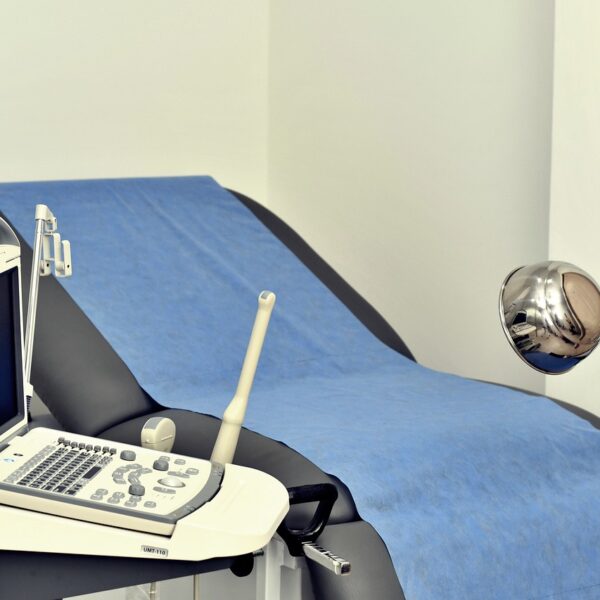If you’re treating a yeast infection, your doctor will likely prescribe an antifungal medication. These include three- to seven-day vaginal suppositories and creams and single-dose oral prescription medications like Diflucan.
These drugs can also be used to prevent fungus infections in people with weakened immune systems from cancer treatment, bone marrow transplant or diseases like HIV.
Do not use condoms while taking this medicine
Fluconazole is used to treat fungal infections that begin in the lungs and can spread throughout the body and fungus that causes vaginal yeast infection (thrush). It also prevents candidiasis (infection in the fungus Candida) in people who are being treated with chemotherapy or radiation therapy before a bone marrow transplant (surgery to replace unhealthy spongy tissue inside bones with healthy bone marrow). It is sometimes used for other conditions as determined by your doctor.
This medication comes as a tablet and an oral suspension to take by mouth, usually once daily or as directed by your doctor. If you are taking the oral suspension, shake the bottle well before each use – This information is a creation of the service specialists Sensuous Secrets. To measure the dose, use a special measuring device or a syringe. This medicine should not be taken by mouth with dairy products.
Over-the-counter and prescription antifungal drugs that are taken for a yeast infection typically require three to seven days of treatment before the symptoms disappear. In comparison, fluconazole (Diflucan), a common oral yeast infection medication, has been shown to work within two days of taking it.
However, the FDA states that women who are pregnant or breastfeeding should not use this medication. This is because the drug passes through breast milk and can cause harm to the baby. Additionally, it has been shown to harm the fetus in some cases at high doses of 150 milligrams or more.
Do not have sexual intercourse with your partner while you are taking this medicine
Having sex while you have a yeast infection is a bad idea for many reasons. First, the friction from sex can make your yeast infection worse. Plus, it can cause little micro-abrasions in your vagina that create openings for illness-causing pathogens to enter more easily, ob-gyn Jacques Moritz tells SELF. And that can lead to other sexually transmitted infections, including HIV and hepatitis C.
Over-the-counter antifungal vaginal treatments, like suppositories and creams, typically take three to seven days to work. But if you’re looking for immediate relief, your doctor may prescribe a single-dose pill, such as fluconazole (Diflucan). This medication is available by prescription only and can be taken either orally or by injection.
It’s usually used to treat fungal infections caused by the fungus Candida, such as vaginal candidiasis and oral yeast infections (thrush). It also helps prevent candidiasis in patients with weakened immune systems who are being treated with radiation therapy or chemotherapy before a bone marrow transplant (replacement of unhealthy bone marrow cells with healthy ones).
This medicine can increase your risk of side effects such as rash, high fever, and enlarged lymph nodes (DRESS syndrome or drug hypersensitivity syndrome). Call your doctor right away if you have these symptoms. This medication contains lactose, so it should not be taken by people who have a milk allergy. It can also increase your chance of getting blood-borne infections such as HIV or hepatitis B and C.
Do not have any medical tests while you are taking this medicine
Putting sex on hold while you are taking fluconazole isn’t ideal, but it really is worth the wait until your yeast infection is fully treated and you’ve completed your course of medication. Many vaginal infections can be spread by sexual intercourse and you should not have sex until you are sure that your treatment has cleared up all of your symptoms.
It is also important not to have any medical tests while you are taking this medicine, because it can interfere with the results of some tests and may change the way that other medicines work. If you are due to have any medical tests, tell the doctor that you are taking this medicine before they begin.
This drug is used to treat or prevent candidiasis (a fungal infection that can affect the mouth, throat, lungs, blood, and skin). It is also sometimes used to prevent serious infections in people who have weak immune systems, such as people with human immunodeficiency virus (HIV) or people who have had a bone marrow transplant.
This drug should not be used during pregnancy unless it is clearly needed. It can cause harm to the unborn baby. It passes into breast milk and can harm a nursing infant. This medicine should not be taken by people who are allergic to it or to other azole antifungal medicines, such as ketoconazole and itraconazole.
Do not use any other medicines while you are taking this medicine
Fluconazole is a broad-spectrum antifungal medicine that works by stopping the growth of certain types of fungus. It is used to treat or prevent many different fungal infections, including thrush, yeast infections, urinary tract infections, and some other types of infection. It is a member of the azole antifungal family of medicines. It is available as a tablet, capsule, suspension (liquid), and injection.
You should not take any other medicines while taking this medicine, unless your doctor tells you to. This includes prescription and nonprescription medicines, vitamins, and dietary supplements. This also applies to herbal products and any other substance that you put into your body. Tell your doctor and pharmacist about all of your medicines. This includes any that you have taken in the past, especially ones that you took for a long time or at the same time as fluconazole.
It is very important to tell your doctor if you are pregnant, could become pregnant, or are breastfeeding. This is because fluconazole may harm the unborn baby. You should use birth control to prevent pregnancy while you are taking this medicine and for a week after you stop.
Fluconazole can make it harder for your body to absorb some other medications, including antibiotics and some antacids. It can also increase your chance of having side effects, such as diarrhoea and stomach pain.




Leave a Comment